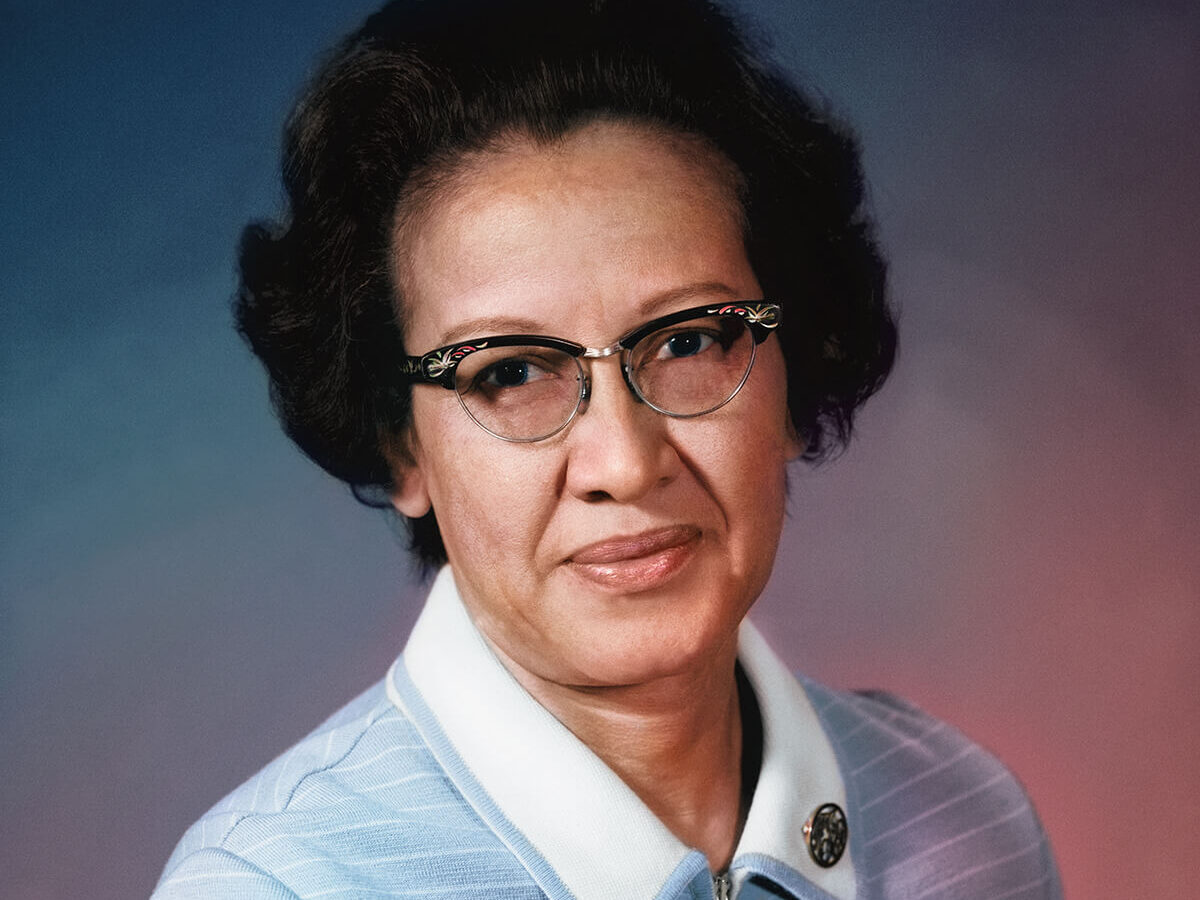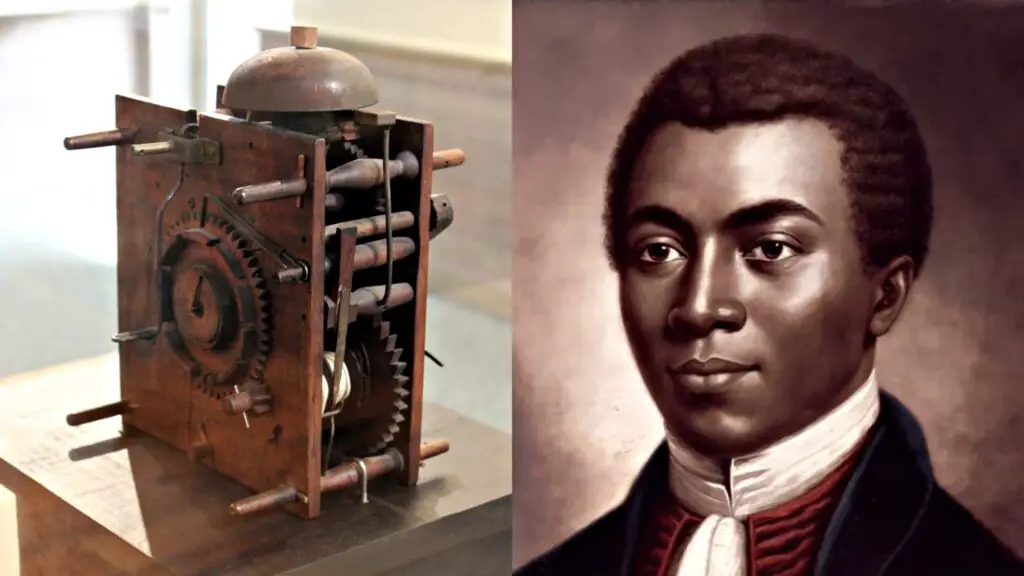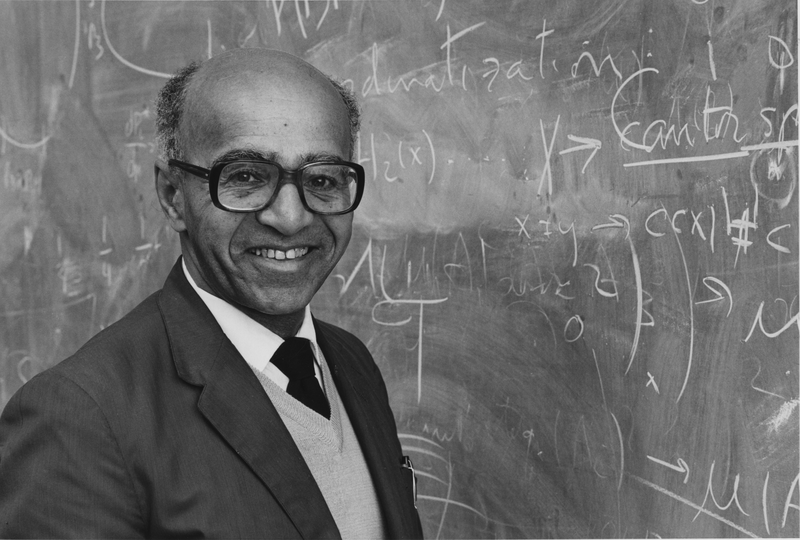Mathematics has shaped our understanding of the world, from physics to engineering, computing, and space exploration. However, the contributions of Black mathematicians have often been overlooked despite their groundbreaking achievements. These brilliant minds overcame racial and systemic barriers to revolutionize their fields and leave lasting legacies. Here are four Black mathematicians who changed the course of science.
1. Katherine Johnson (1918–2020) – The Human Computer of NASA

Katherine Johnson was a pioneering mathematician whose calculations were critical to the success of the U.S. space program. Working as a “human computer” for NASA, she played an essential role in calculating flight trajectories for historic missions, including John Glenn’s orbit around Earth and the Apollo 11 moon landing. Her precise mathematical computations ensured the safety and success of America’s early spaceflights, helping to define the future of space travel.
Despite working in an era of segregation and discrimination, Johnson’s brilliance could not be ignored. Her work was so respected that when NASA introduced electronic computers, Glenn specifically requested that Johnson verify their calculations before his mission. Her contributions were recognized late in her life when she was awarded the Presidential Medal of Freedom in 2015. Her story was also popularized in the film Hidden Figures, which brought long-overdue attention to her groundbreaking work.
2. Benjamin Banneker (1731–1806) – The Self-Taught Mathematician and Astronomer

Benjamin Banneker was a self-taught mathematician, surveyor, and astronomer in the 18th century. Born to free Black parents in Maryland, he had little formal education but displayed a natural talent for mathematics and science. Banneker became widely known for his almanacs, which contained detailed astronomical calculations, weather predictions, and essays on social issues. His keen mathematical insights allowed him to predict eclipses and planetary movements with remarkable accuracy.
Beyond his scientific work, Banneker was also an advocate for racial equality. In 1791, he was enlisted to help survey the land that would become Washington, D.C., showcasing his mathematical expertise in shaping the nation’s capital. He also wrote to Thomas Jefferson, challenging him on the hypocrisy of slavery while advocating for the intellectual capabilities of Black individuals. His legacy remains a powerful testament to Black excellence in mathematics and science.
3. David Blackwell (1919–2010) – The Pioneer of Game Theory and Statistics

David Blackwell was a trailblazing mathematician who made significant contributions to probability theory, game theory, and statistics. He became the first Black scholar inducted into the National Academy of Sciences and was a professor at the University of California, Berkeley, where he influenced generations of mathematicians. His research in dynamic programming revolutionized decision-making processes, particularly in economics and military strategy.
One of Blackwell’s most notable contributions was the Blackwell Renewal Theory, which has been widely used in engineering and economics to model optimal decision-making over time. He also co-developed the Rao-Blackwell Theorem, a fundamental result in statistics that improves the estimation of unknown parameters. His work has had a lasting impact on modern mathematics, with applications in everything from artificial intelligence to finance.
4. Euphemia Lofton Haynes (1890–1980) – The First Black Woman to Earn a PhD in Mathematics

Euphemia Lofton Haynes was a groundbreaking mathematician and educator who became the first Black woman in the U.S. to earn a PhD in mathematics in 1943. She spent her career advocating for better education for African Americans and fought against systemic inequalities in the education system. As a professor at Howard University, she dedicated her life to increasing opportunities for Black students in STEM fields.
Beyond her academic achievements, Haynes played a crucial role in desegregating Washington, D.C.’s public schools. She served on the Board of Education and worked to eliminate racial disparities in math education. Her efforts helped pave the way for future generations of Black mathematicians and scientists. Her legacy continues to inspire young Black students to pursue careers in mathematics.
